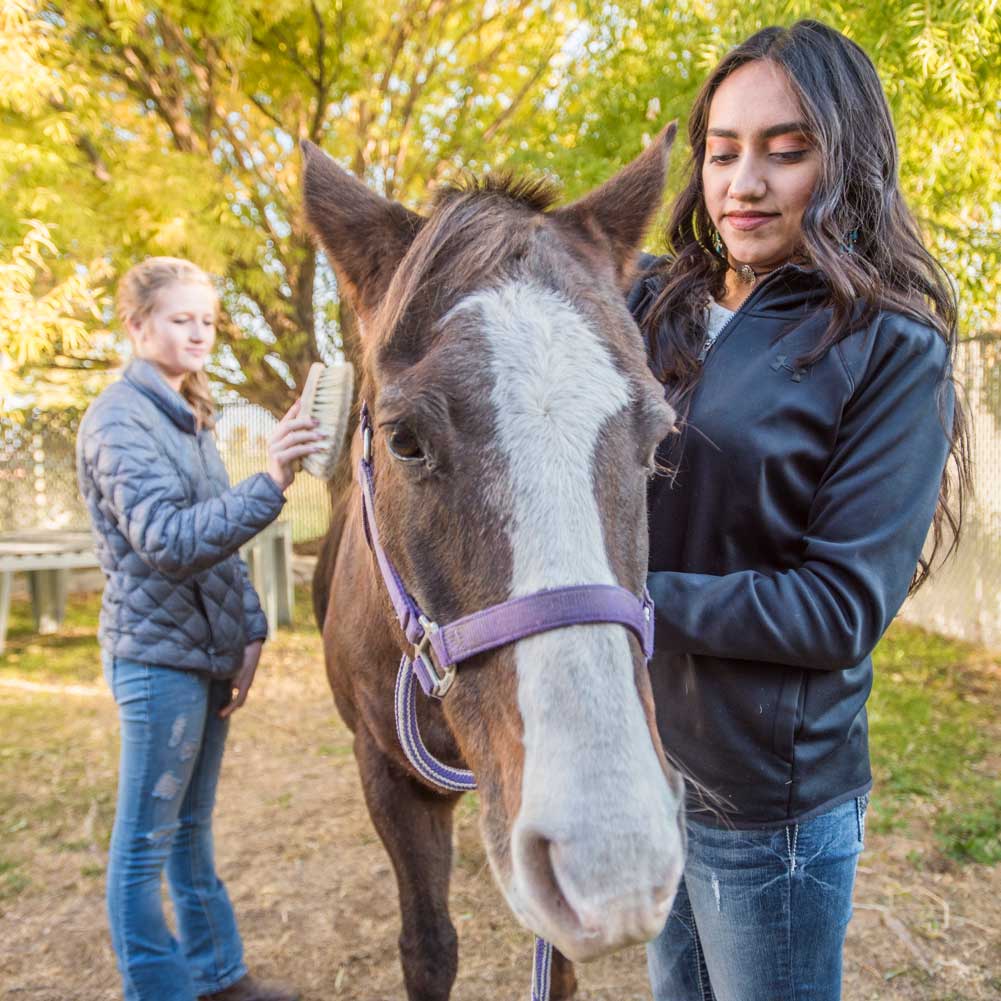Practical Experience
Learn Through Work
Clinical: Like an internship, clinical opportunities are most often part of health career prep programs, where students observe and treat patients with oversight from a professional.
Co-Op: A cooperative education experience, often referred to as a “co-op”, provides academic credit for a structured job experience (including some classroom-based education). Students are generally paid by their employer for work time and graduate with significant work experience.
Pre-Apprenticeship: A program where students learn basic technical and job-readiness skills for designated apprenticeable occupations or industry sectors, to prepare them for a Registered Apprenticeship. Pre-apprenticeships combine time in a classroom or lab setting with worksite visits, job shadowing, or other activities that help students learn about the work environment. Credit for the “classroom” instruction may apply to the student’s registered apprenticeship program.
Internship: A paid or unpaid position where a person can work in an organization to gain professional experience. Students may earn high school or college credit for internships.

Earn While You Learn
Learn at Work
Apprenticeship: A combination of on-the-job training (OJT) and formal instruction under the supervision of a skilled mentor. Apprentices receive training in the practical and theoretical aspects of a skilled occupation. During their training period, apprentices earn a wage/salary and may be eligible for raises based on time completed or competency. Completing an apprenticeship leads to an industry-recognized credential.
Registered Apprenticeship: While programmatically the same as non-registered apprenticeships, Registered Apprenticeships are monitored by the U.S. Department of Labor, and the credential is nationally recognized.
On-the-Job Training (OJT): Training that occurs for employees at a job site or office and is led by a company supervisor or mentor. The employer determines the skills they want employees to acquire and how their competency will be measured.
School to Registered Apprenticeship: An extension of a Registered Apprenticeship for high school students, 16 years old and above. As described above, all requirements for a Registered Apprenticeship program must be met and students have to get approval from both their high school and parents to participate.


Information Center
Self-Assessment & Planning Tools
Browse Our Career Database
Browse All Careers NowNew Opportunities
Youth Apprenticeships in Idaho
In this American Graduate video, Idaho Public Television (IPTV) explores the Idaho Workforce Development Council's Youth Apprenticeship Initiative allowing businesses to strengthen their workforce while giving youth an opportunity to learn as they earn.


